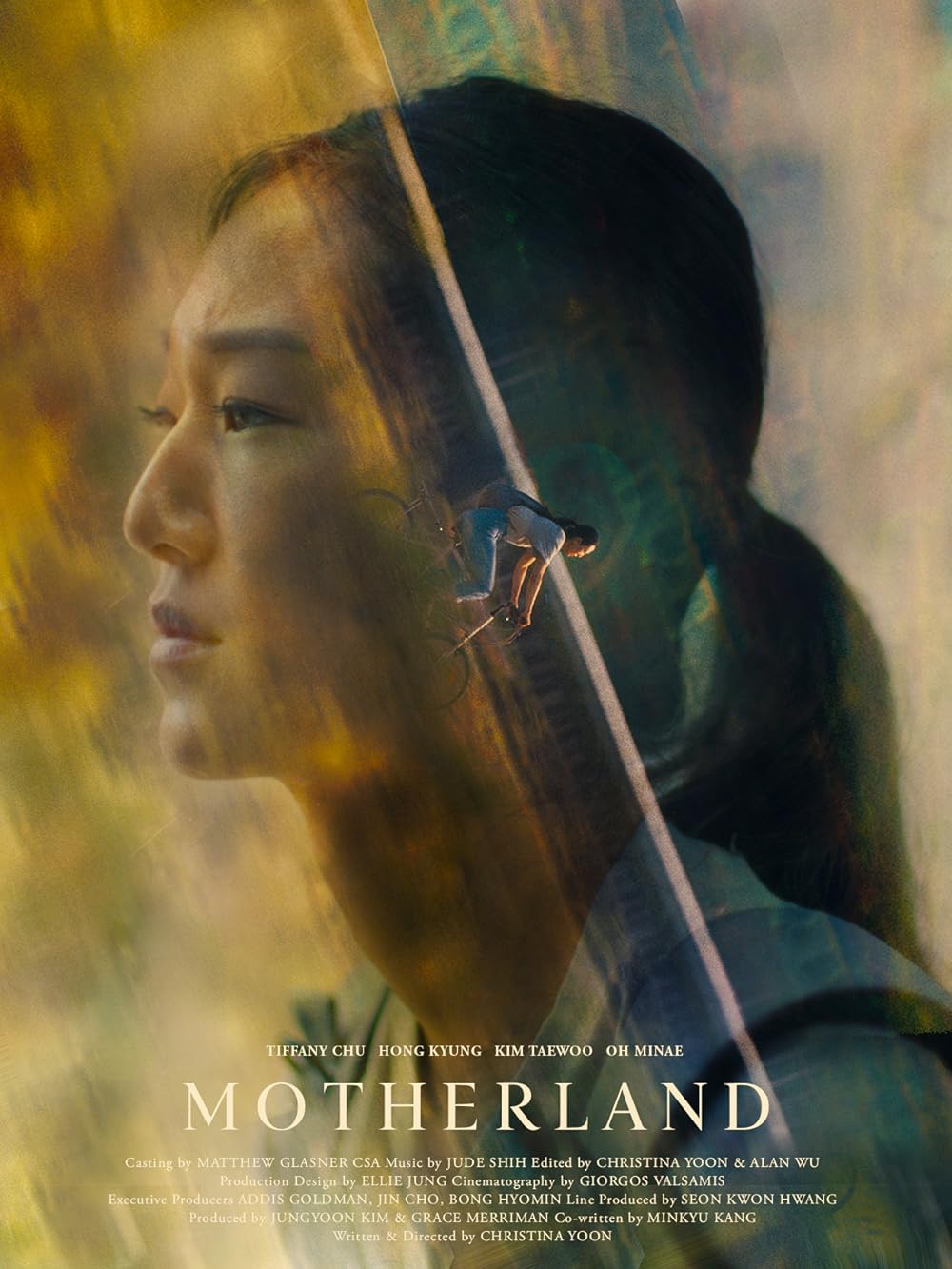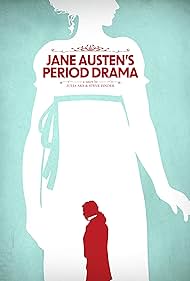
Oscar Qualifying Short Film Review “Motherland”
WATCH THE TRAILER HERE
First, the Recap:
To adopt something is most often associated with accepting something, choosing to put it into effect, an endorsement of necessary (if not unavoidable) change. However, when placed in the context of who we are as an individual, it can take on the other meaning–the history of our natural parentage vs. those whom we’ve actually called Mom and Dad. When this latter notion comes about in a manner that truly sticks in our heads and finds us in need of answers, that which we seek becomes paramount, but the results may or may not be what we hope. Leah (Tiffany Chu) is Korean born but raised in America by an adoptive family. Now wishing to locate her actual birth mother, Leah embarks on a journey that will test her resolve, face the challenges of ingrained bureaucracy, and lead her to an unforeseen conclusion.
Next, my Mind:
Wholly accessible, tangibly stirring, unflinchingly honest, and completely relatable, this Oscar qualifying 18-minute short film from writer/director/editor Christina Yoon, writer Minkyu Kang, producers Jung Yoon Kim and Grace Merriman, and executive producers Addis Goldman, Jin Cho, and Bong Hyomin carried a big but often subtly potent emotional stick while also resonating quite deeply to certain extents with this critic, being that I was an adopted child myself. While the notion of searching for my own birth parents was actually not something I’ve chosen to pursue (and am utterly content with this), how the decision to proceed in taking action to do so as depicted here still captured with great effect and impact the weight, frustrations, and undeniable sense of both trepidation and hope which accompanies such an undertaking. It’s about who we are and where we come from. Common enough idea thematically, but never something to be taken lightly.
Told from the viewpoint of a now young adult woman who finds herself in an absolutely determined state of mind to travel back to her birthparent’s homeland in Korea to, ideally and successfully, seek out her birth mother and discover why she was resolved to give up her daughter, the film definitively showcases the roadblocks and perhaps even secrets that adoption agencies put into the path to thwart the ability to get answers, that unwillingness to divulge any information without all proper channels and consensual agreements in place to do so, regardless of the requests by the child. While this critic, as stated above, couldn’t directly relate to these particular elements portrayed, one can not help but be struck with total empathy and even a degree of anger at the inflexibility and seeming apathetic non-understanding shown here in the context of Leah’s narrative.
It does make one ponder whether it truly IS this difficult to get the information being asked, and while it must be understood there are always rules in place that need to be followed legitimately and for the protection of all involved, this film still paints a portrait of the administrative authorities BEING so “sympathetic” yet obviously unbending in their ability to share what is being asked for, made more conspicuously disheartening when the needed materials are RIGHT THERE in their hands while telling someone “sorry, no”. This simply stands out for me as how many times do we see examples of specific circumstances where just a LITTLE pliancy could have been exercised for the ultimate betterment of someone’s peace of mind and pursuit of truths they are searching for? The film does a wonderful job at then illustrating just HOW insistent someone looking for solutions is and what they might turn to in order to gain what they require.
But, then, the narrative puts even MORE heaviness of atmosphere into play through the next steps the lead character makes, both through individuals she does find and the jolting revelations she then is made aware of thanks to them and the subsequent situations she finds herself encountering. It makes the film’s finale one for the ages, primarily because of the foundational premise the film is based on, and it leaves a poignantly acute mark on your heart and conscious in how this all wraps up. The film relies on uncomplicated visual presentation, which is not only a GOOD thing when it comes to indie cinema, but it allows for your focus as the viewer to remain on the characters and storyline without unnecessary distraction. The beauty of Korea gets its just due, however, and just the grander ambiance the imagery engenders befits the tale we’re watching purposefully.
Chu exudes a perfectly credible and engaging aura of stout resoluteness, touching vulnerability, even fully palpable charm through her role here as Leah, a young Korean born woman brought up in America who has no doubts or reluctance about wanting to know the reasons why she was given up for adoption by her natural mother whom she now strives to find back in her original country of birth. Confronting the initial obstacles that try to deter her from the path, Leah discovers a means to get what she wants, but then once in the midst of all she then uncovers, will it be an inspiring, joyful, fulfilling quest, or an rendezvous with realities she may not wish to face? It’s the simmering, quietly building magnitude of intensity being experienced by Leah as more and more answers are brought to light that gives the story such profound resolve, and Chu sails through these highly emotional eddies and currents with poise and skillfully dramatic resonance throughout.
Primary supporting turns arrive from Kyung Hong as Minjae, Kim Taewoo as Park Seong, Minae Oh as Park Run Ju, Sunbook Lee as a key relative to Leah, Young Yoon as the adoption agent Leah must contend with at first during her bid to gain information about her birth mother, and Chaeyoung Kang as a Korean bartender whom Leah also gains some information from. The other aforementioned characters I am leaving undisclosed on purpose so as to avoid what I feel would be spoilers. Additional supporting appearances are made by Hyojung Jang, Hyeji Cho, Byeol Seo, Taeho Kwak, Mijung Kwon, Hyeon Seok Jo, Kyung Hyun Kim, Sujin Park, Hee Jun Park, Jinwoo Lee, and Minseo Jeon. So, in total, “Motherland” is assuredly an award-worthy short film that both explores and dissects the aggravations involved with the process of seeking out one’s natural heritage while also being an impactful exemplification of our unshakable human will and spirit to unearth the truths that define us. But, in this instance, with potential results we learn that could bring us solace, more questions, or teach us to accept that which cannot be changed, it still remains a choice not always easy to make.
STAR RATING (out of 5):
As always, this is all for your consideration and comment. Until next time, thank you for reading!





